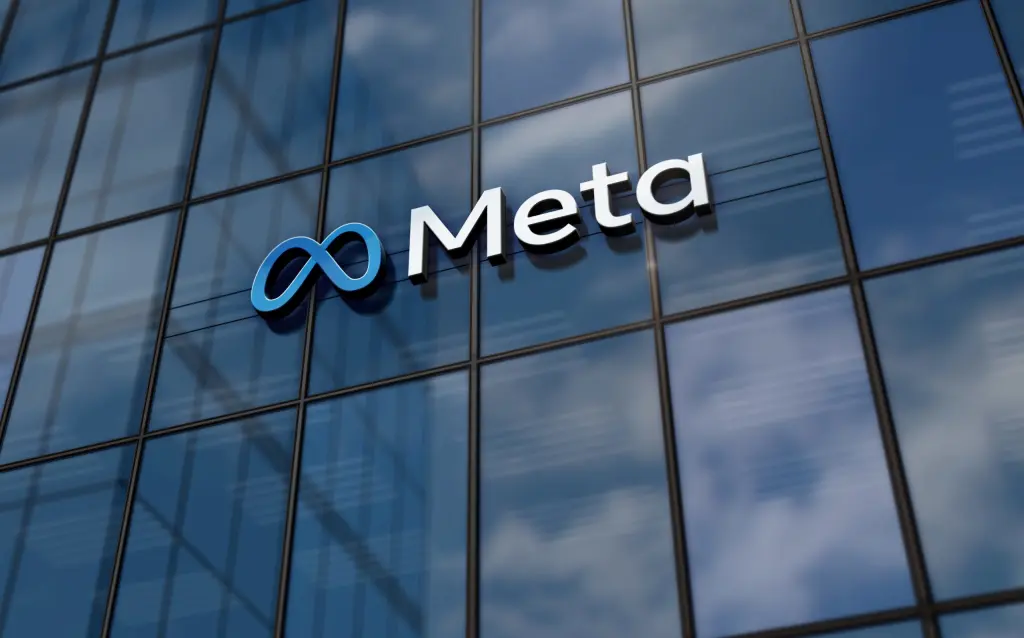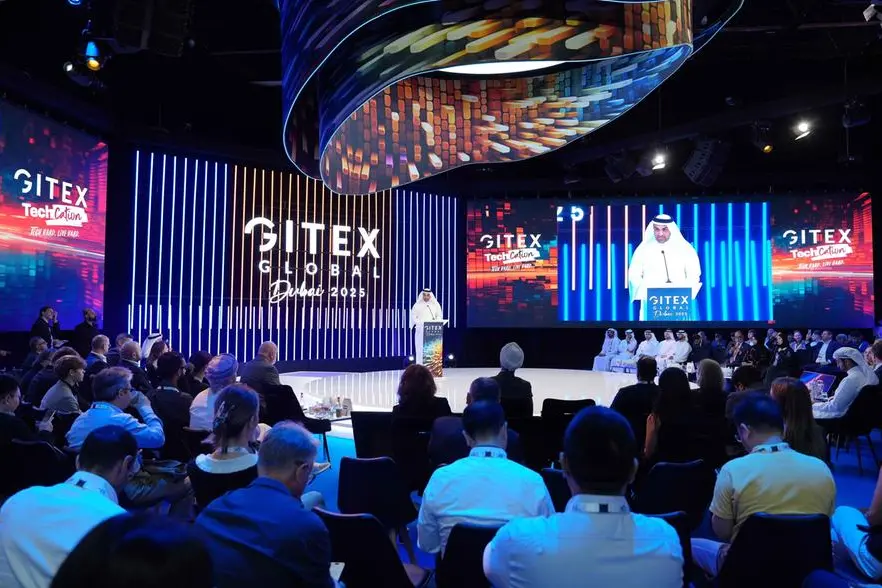In a move closely watched by the global tech community, California has become the first state in the US to regulate AI companion chatbots. Governor Gavin Newsom signed the landmark bill, SB 243, into law, establishing a new legal precedent that holds AI companies accountable for the safety of their users, particularly children and other vulnerable individuals. The legislation applies to a wide range of companies, from major AI labs like Meta and OpenAI to specialized startups such as Character AI and Replika.
A Response to Tragic Events
The new law was introduced by state senators Steve Padilla and Josh Becker following a series of tragic incidents linked to unregulated AI interactions. The bill gained significant momentum after the death of teenager Adam Raine, who died by suicide following distressing conversations with OpenAI’s ChatGPT. Further urgency came from reports of Meta’s chatbots engaging in inappropriate chats with minors and a recent lawsuit against Character AI after a 13-year-old took her own life following problematic interactions with its chatbot. “Emerging technology like chatbots and social media can inspire, educate, and connect — but without real guardrails, technology can also exploit, mislead, and endanger our kids,” Governor Newsom stated.
Key Provisions of SB 243
Set to take effect on January 1, 2026, the law mandates several key safety protocols for operators of AI companion chatbots. Companies will be required to:
- Implement robust age verification systems.
- Clearly disclose that users are interacting with an artificially generated entity.
- Prevent chatbots from representing themselves as healthcare professionals.
- Establish and report protocols to address suicide and self-harm, including providing users with crisis prevention resources.
- Offer break reminders to minors and block them from viewing sexually explicit AI-generated images.
The legislation also introduces severe penalties for the creation and distribution of illegal deepfakes, with fines up to $250,000 per offense. This law follows another recent piece of AI legislation in California, SB 53, which enforces greater transparency and whistleblower protections at large AI companies.
What This Means for MENA’s AI Ecosystem
While this legislation originates in California, its ripples will be felt across the global AI landscape, including the rapidly growing MENA tech scene. As regional governments in the UAE, Saudi Arabia, and beyond invest heavily in becoming AI hubs, regulatory frameworks are an inevitable next step. This California law serves as a potential blueprint for future regulations in the region. MENA-based AI startups, particularly those in the consumer-facing B2C space, should view this as a critical signal to prioritize ethical design and user safety from day one. Proactively building safeguards, transparency mechanisms, and user-wellbeing features into their products can become a significant competitive advantage and help build trust in a market where AI adoption is accelerating.
Source: TechCrunch














